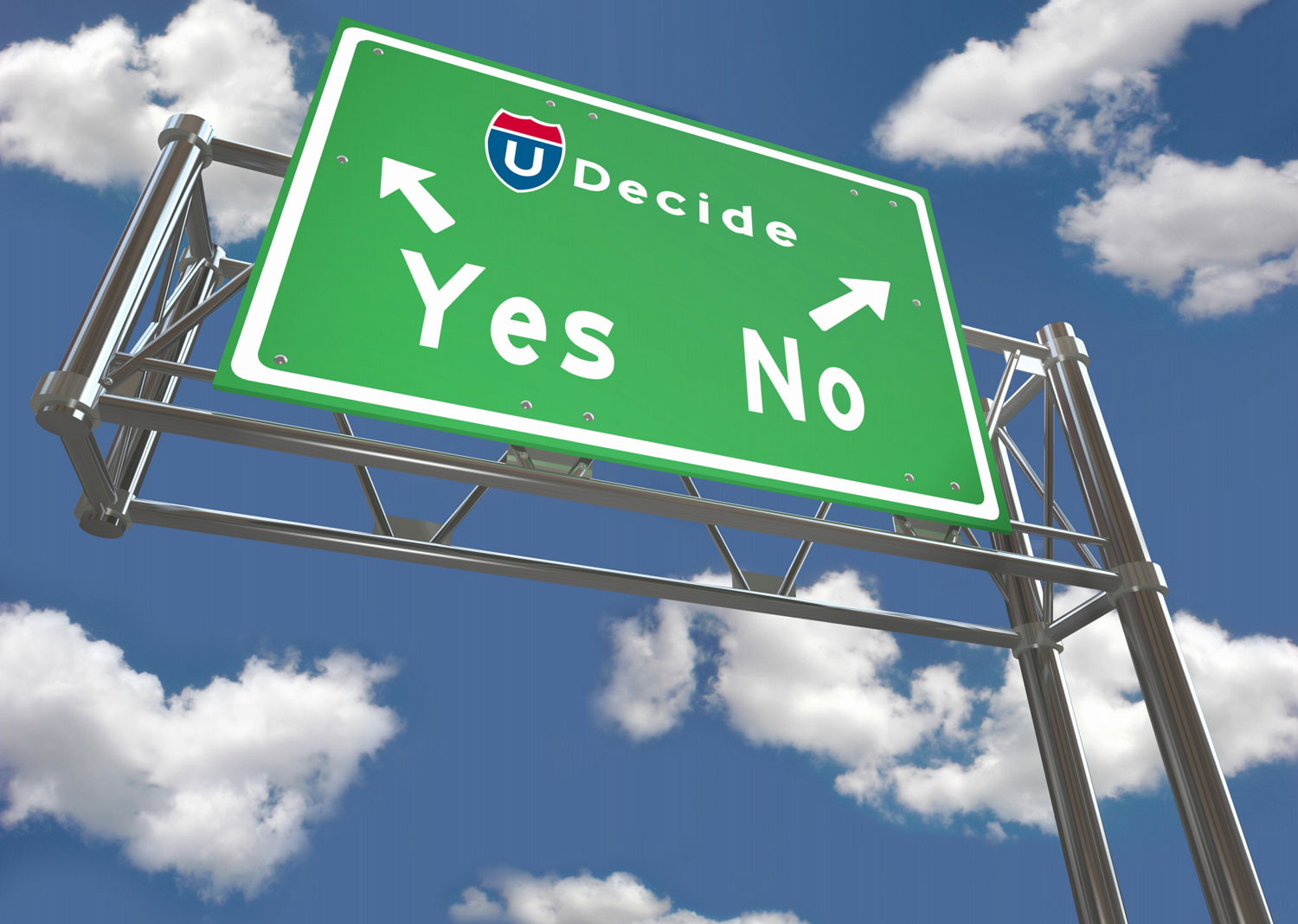As we've long noted (here, for example), some (many?) folks have made the perfectly rational decision to forgo ObamaPlans (or health insurance of any kind). For one thing, the fine penalty tax is nominal (particularly in comparison to non-subsidized premiums). Recently, FoIB Dr Gerard Gianoli tipped us to this well-researched and written article expanding on the idea:
"There are necessities of life, but insurance is not one of them."
That's Dr Jane Orient's opening salvo, and it gets even better from there:
"It might be a ticket to get you into certain medical facilities, but in these days of narrow networks, it will keep you out of others."
This in reference to how restrictive networks have become; I'd add that there's another dimension, as well: HMO vs PPO models.
Until this year, many (most?) plans were built on the PPO (Preferred Provider Organization) chassis. That is, one got the best bang for their premium bucks by staying in-network for care, but there was still a safety net for out-of-network claims. This is no longer the case: all the plans I've seen (in this market) are for HMO model plans; that is, zero coverage for non-emergency non-network expenses.
So what's the big deal? Well, what if your oncologist is out of network?
I particularly appreciated this observation:
"If most bills were paid directly instead of through a third party, medical care would cost far less. Wouldn’t that be better for everybody?"
This comes as she makes the case for a return to truly catastrophic coverage, which she favors as the best O'Care alternative.
As they say: Read the whole thing. You'll be glad you did.
"There are necessities of life, but insurance is not one of them."
That's Dr Jane Orient's opening salvo, and it gets even better from there:
"It might be a ticket to get you into certain medical facilities, but in these days of narrow networks, it will keep you out of others."
This in reference to how restrictive networks have become; I'd add that there's another dimension, as well: HMO vs PPO models.
Until this year, many (most?) plans were built on the PPO (Preferred Provider Organization) chassis. That is, one got the best bang for their premium bucks by staying in-network for care, but there was still a safety net for out-of-network claims. This is no longer the case: all the plans I've seen (in this market) are for HMO model plans; that is, zero coverage for non-emergency non-network expenses.
So what's the big deal? Well, what if your oncologist is out of network?
I particularly appreciated this observation:
"If most bills were paid directly instead of through a third party, medical care would cost far less. Wouldn’t that be better for everybody?"
This comes as she makes the case for a return to truly catastrophic coverage, which she favors as the best O'Care alternative.
As they say: Read the whole thing. You'll be glad you did.







